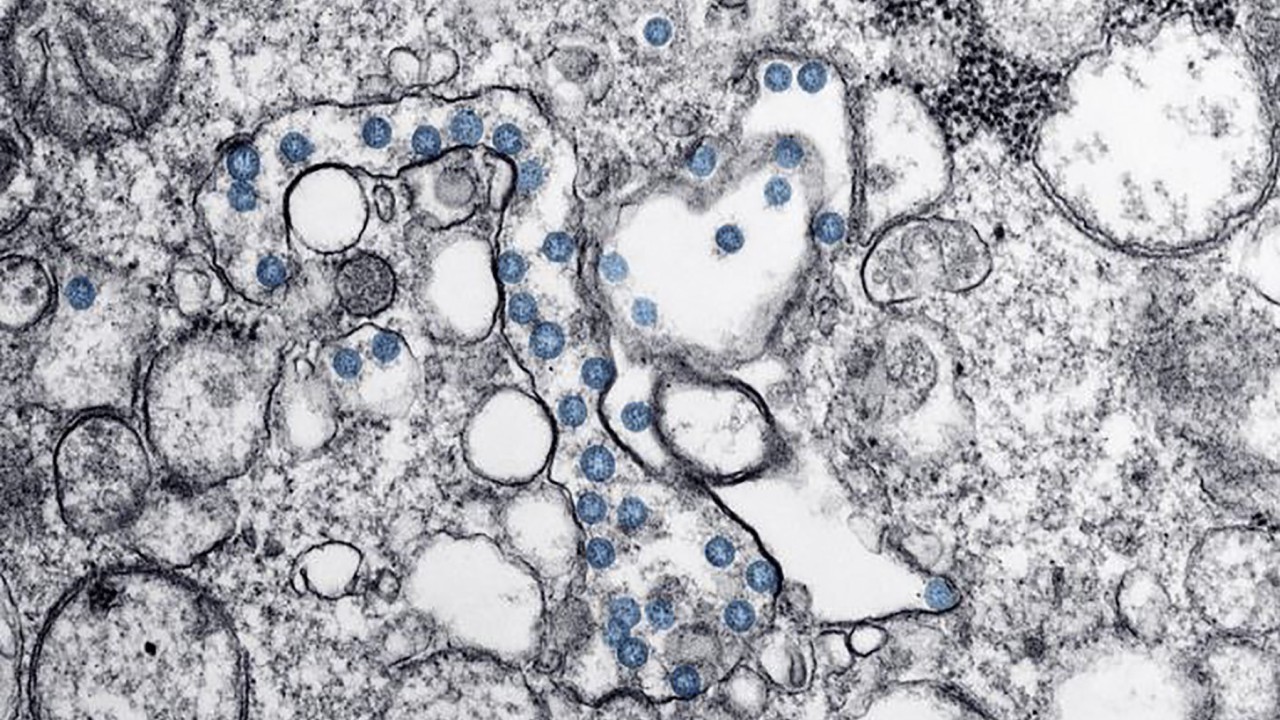
A December 21, 2023, letter from an official at the US Department of Health and Human Services, responding to inquiries by McMorris Rodgers, confirmed that a Chinese researcher, Dr. Lili Ren, submitted to GenBank a gene sequence that was “nearly identical” to the Sars-CoV-2 sequence submitted by another Chinese researcher and published by GenBank on January 12, 2020.
“Following established quality control processes during which NCBI staff review[ed] technical, but not scientific or public health, details, a resubmission request was issued to Lili Ren on December 31, 2019,” said the letter by HHS’s assistant secretary for legislation, Melanie Anne Egorin.
“NIH never received the additional information requested,” Egorin said. “In the interim, another submission to GenBank from a different submitter was received and published on January 12, 2020. That submission … provided the genetic sequence for Sars-CoV-2. The sequence published on January 12, 2020, was nearly identical to the sequence that was submitted by Lili Ren.”
Professor Yong-Zhen Zhang, with the Shanghai Public Health Clinical Centre and School of Public Health, Fudan University, released the initial genome sequence of the Wuhan coronavirus.
Chinese Covid-19 genetic data in US archive was removed in June 2020
Chinese Covid-19 genetic data in US archive was removed in June 2020
The HHS letter did not identify Ren’s professional affiliation, but the House committee’s report identifies her as “an accomplished virologist at the Institute of Pathogen Biology of Chinese Academy of Medical Sciences in Beijing”.
“She is also a current subgrantee of non-profit EcoHealth Alliance on the same National Institute of Allergy and Infectious Disease (NIAID) grant as the Wuhan Institute of Virology (WIV), which has been debarred from receiving NIH grants for 10 years for failing to provide laboratory records requested by NIH,” the report said.
Asked about the committee’s report, the spokesman for China’s embassy in Washington, Liu Pengyu, did not address McMorris Rodgers’ accusation directly, saying that Beijing’s response to Covid-19 was science-based.
“Guided by a people-first and life-first philosophy, China has kept refining our Covid response based on science to make it more targeted,” Liu said. “China’s Covid response policies are science-based, effective and consistent with China’s national realities. They can stand the test of history.”

